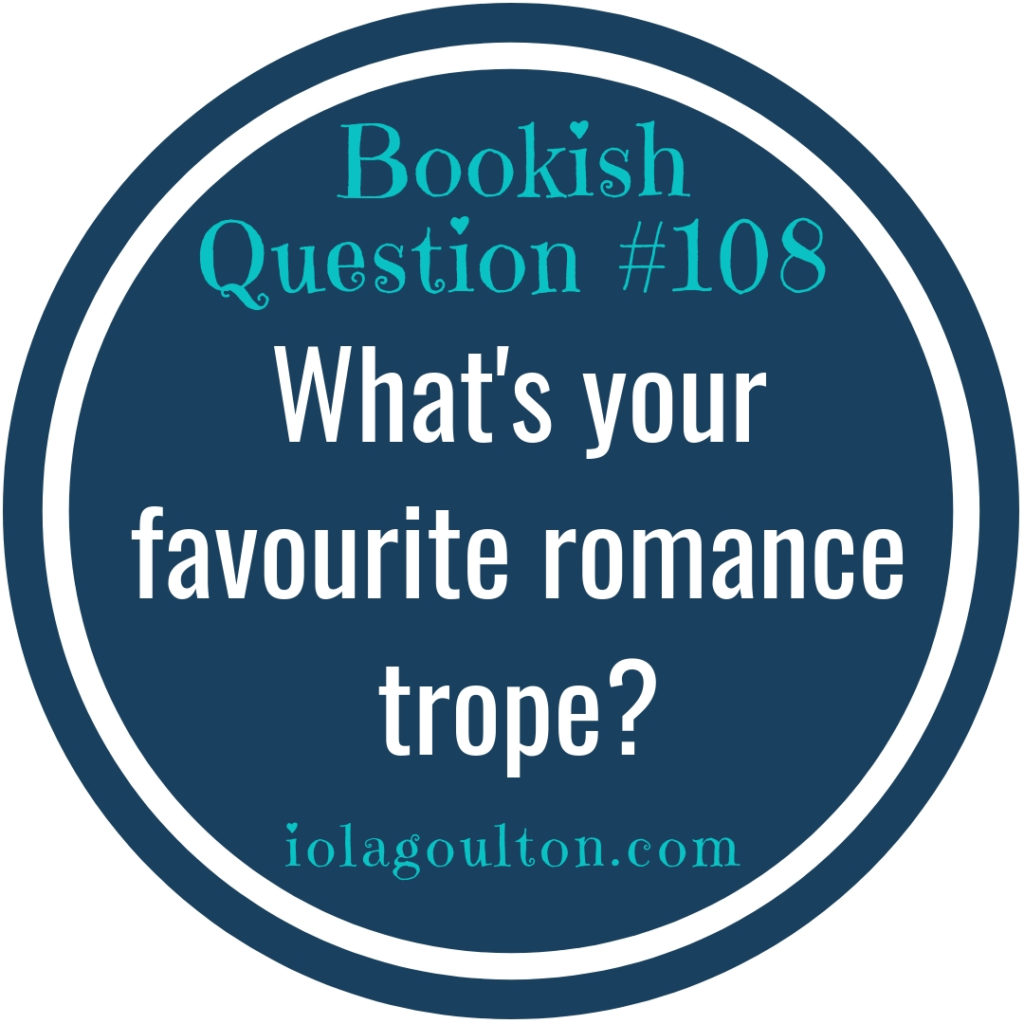Romance is full of tropes, and this is probably because romance readers can be voracious. If we find a story we like, we want to read all the books by that author. Then we want to read all the books with similar plots—which means we want all the books with that romance trope.
First, what’s a trope?
Tropes are plot devices, characters, images, or themes that are incorporated so frequently in a genre that they’re seen as conventional.
For example, the mail order bride is currently a popular trope, especially in Christian fiction.
I’ve seen box sets of fifteen or twenty mail order bride stories for sale on Amazon. I’m a fan of mail order bride stories (e.g. the Escape to the West series by Nerys Leigh), but I don’t think I could manage a set of twenty!
Fortunately, there are dozens of popular romance tropes, including:
- Friends to Lovers
- Enemies to Lovers
- Fake Romance
- Love Triangle
- Forbidden Love
- Marriage of Convenience
- Secret Royal/Billionaire
- Secret Baby
- Secret Romance
- Second Chance Romance
- Reunited Lovers
- Trapped in an Elevator/Snowstorm
- Mail Order Bride
- Belated Love Epiphany
- Opposites Attract
- Soul Mate
I’m not a big fan of the love triangle.
It seems to me that a perfectly nice person ends up getting hurt. Mind you, that’s better than the alternative, where the guy thinks he’s in love with Woman A (who’s a real piece of work) but is also attracted to Woman B (the obvious best choice), but I’m left wishing he’d stick with Woman A because Woman B deserves someone with more depth.
That can also happen in reverse (and I can think of one far-too-long-running Christian romance series where the woman had the choice and chose who I think was the weaker man. One reviewer said that if the character was that shallow, then the second man was better off without her, and I had to agree (#TeamCody).
That’s the other problem with the love triangle: half your audience will be convinced the story ends with the wrong couple getting together.
I went through a phase of reading and enjoying secret baby romances, but then the improvements in technology and social media made it harder to believe that the woman couldn’t tell the father she’d had his baby. This meant she hadn’t, which meant she had to have a good reason for not telling him … and many didn’t. Also, secret baby is a more difficult trope to pull off in Christian fiction.
I’m also a big fan of friends-to-lovers (especially in novellas and short fiction—I’m a little wary of a novella where the couple go from first meeting to marriage in less than a hundred pages), and enjoy the occasional enemies to lovers (Maybe It’s You by Christy Hayes is a fun example).


